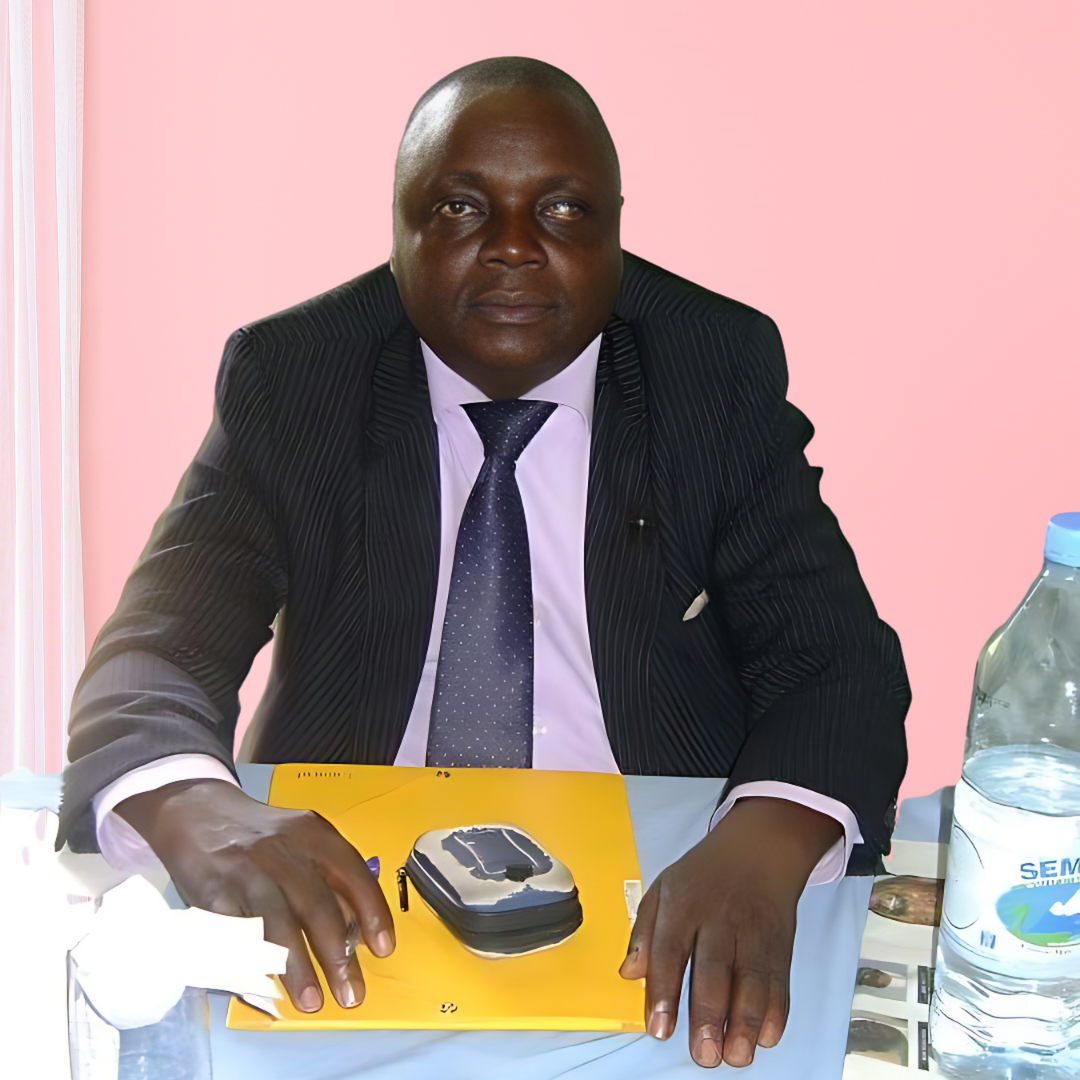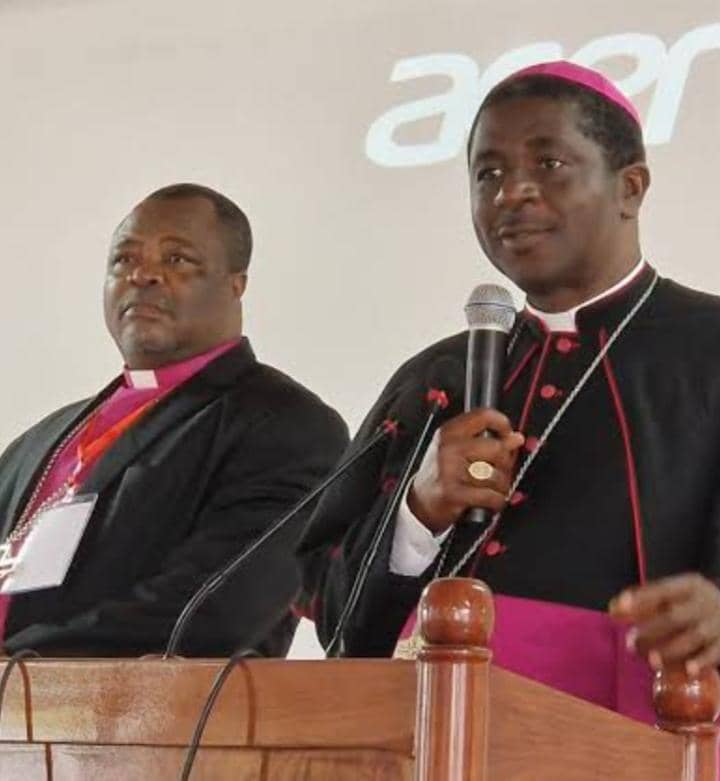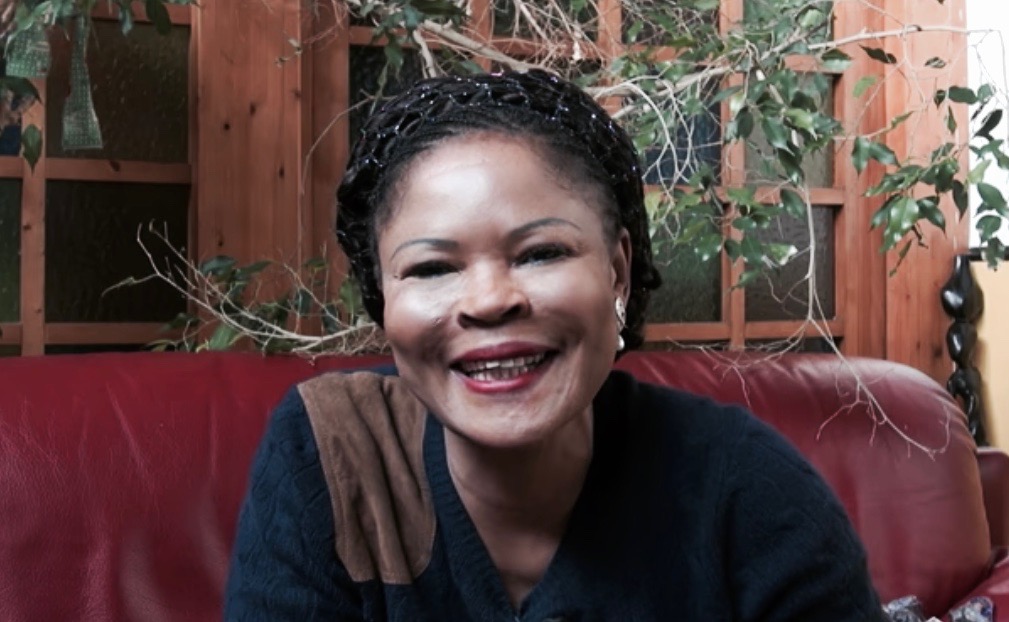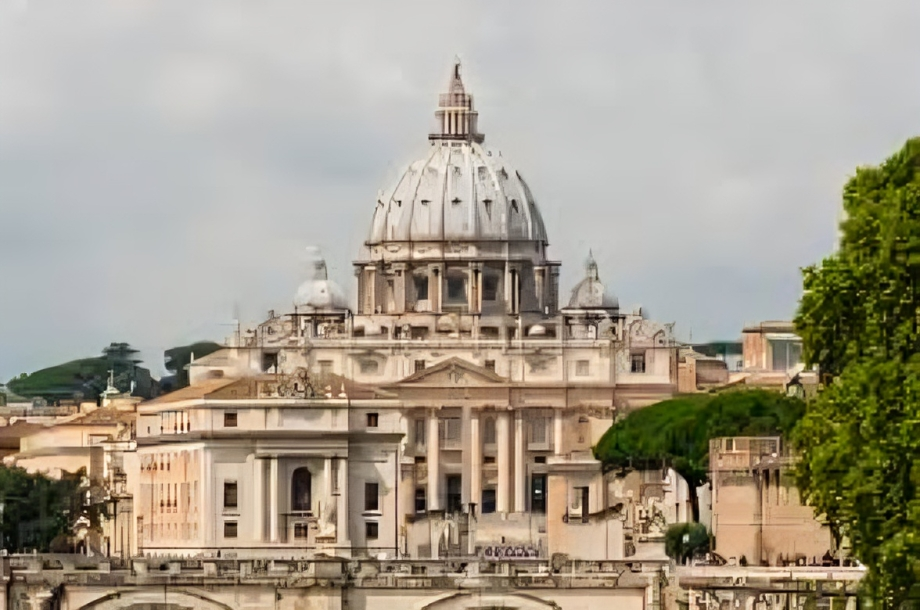When the Church Chose Silence Over Justice
By *Christopher Achobang
The Catholic Church in Cameroon remains one of the most powerful institutions in the country, present in every village, respected by nearly every household, and listened to by millions more than any political party could dream of. Its network of parishes, priests, catechists, and lay faithful reaches places where the state itself is only a rumour. And yet, during the last presidential elections, that same Church, which could have been a moral and institutional bulwark for truth, chose to watch history unfold from the sidelines.
Before the elections, the Bishops of Cameroon courageously issued a pastoral letter cautioning that “the will of the people must be respected.” Those words carried the weight of moral authority, a reminder that democracy is not only a political exercise, but a sacred duty to truth and justice. However, after the votes were cast and the Constitutional Council proclaimed results that shocked the conscience of a nation, the same Church that had spoken so boldly fell into uncomfortable silence.
The bishops, it seems, found it easier to preach fairness than to defend it. The Church could have mobilized its immense human and spiritual resources, priests, religious, and laypeople in every corner of the country, to observe and report what transpired at polling stations. Even in areas where the ruling party lacked representation, the Church could have provided a moral presence, ensuring transparency where state institutions had failed.
But when it mattered most, the Church that has never feared to condemn sin chose not to confront political deceit. Its leaders spoke of the “will of the people,” yet did nothing to ensure that the results proclaimed by the Constitutional Council reflected that will.
This failure is not just political; it is moral. The Church’s silence lent legitimacy to injustice. It allowed manipulation to masquerade as victory and falsehood to wear the robes of authority.
Cameroon did not need the bishops to be politicians; it needed them to be shepherds, guiding a confused and wounded nation toward truth. Unfortunately, the shepherds chose comfort over courage and prayer over participation.
Going forward, it is imperative that churches, Catholic, Protestant, and all faith-based institutions with grassroots presence, be granted automatic observer status in every election. They already possess the credibility, neutrality, and national reach that many so-called “observers” lack. Their participation would not only safeguard transparency but also restore the moral foundation of our democracy.
History will remember that when Cameroon cried for witnesses, the Church was there, but only to count rosaries, not votes.
*Christopher Achobang is a Pan-African Social Justice Campaigner.






